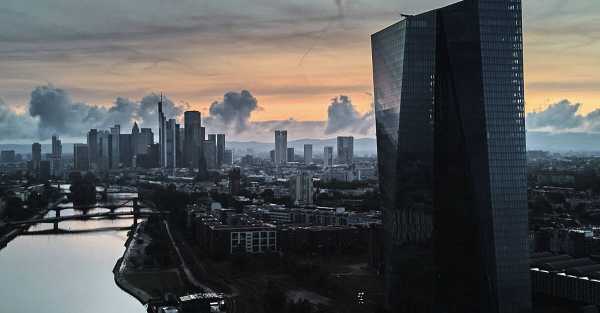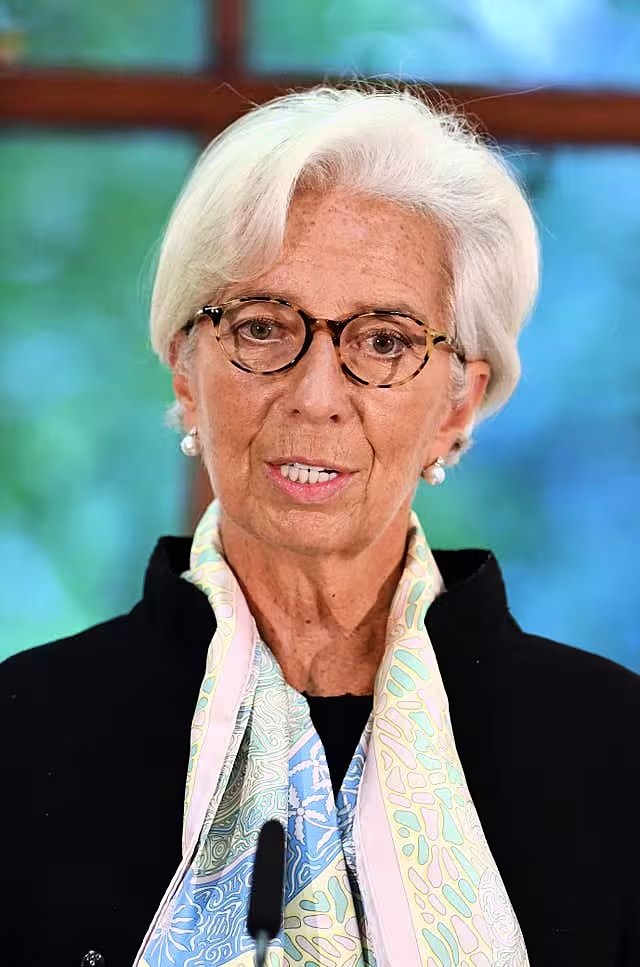
The European Central Bank has cut its key interest rate for an eighth time, seeking to ease access to credit for businesses and consumers as US President Donald Trump’s trade war threatens to slow already weak economic growth.
The bank’s interest rate-setting committee cut rates by a quarter percentage point on Thursday at its headquarters in a skyscraper in Frankfurt.
Experts had predicted a decline given the dire growth outlook after Mr Trump announced a raft of new tariffs on April 2 and subsequently threatened to impose a huge 50 per cent tariff on goods from Europe.
The big question remains how far the bank is prepared to go at its next meetings. Comments by President Christine Lagarde at a press conference after the decision will be closely watched for clues about the bank’s future.

The bank stressed that much depends on the possibility of resolving trade tensions through negotiations.
“Worsening trade tensions in the coming months will push growth and inflation below baseline expectations,” the bank said in its monetary policy statement.
“Otherwise, if trade tensions are resolved favourably, growth and, to a lesser extent, inflation could be higher.”
While the trade war and associated uncertainty are slowing economic growth, the ECB said the economy should receive additional stimulus from increased government spending on defence and infrastructure.
European governments are stepping up their defence procurement plans in response to Russia’s actions and its invasion of Ukraine. The spending increases come amid concerns that the US is no longer a completely reliable ally in supporting Ukraine.
U.S. Defense Secretary Pete Hegseth did not attend a recent meeting of allies set up to coordinate military aid to Ukraine, marking the first time the United States has not participated since the group was created three years ago.
Mr Hegseth’s predecessor, Lloyd Austin, established the group after Russia launched a full-scale war against Ukraine in 2022.
Given the range of possible scenarios, the bank said it “will not commit to a specific interest rate target” at future monetary policy meetings.
Thursday’s decision raised the bank’s base rate to 2% from a peak of 4% in 2023-24.
The bank raised rates to curb a surge in inflation in 2021-23 caused by Russia’s invasion of Ukraine and the recovery from the pandemic.
Sourse: breakingnews.ie